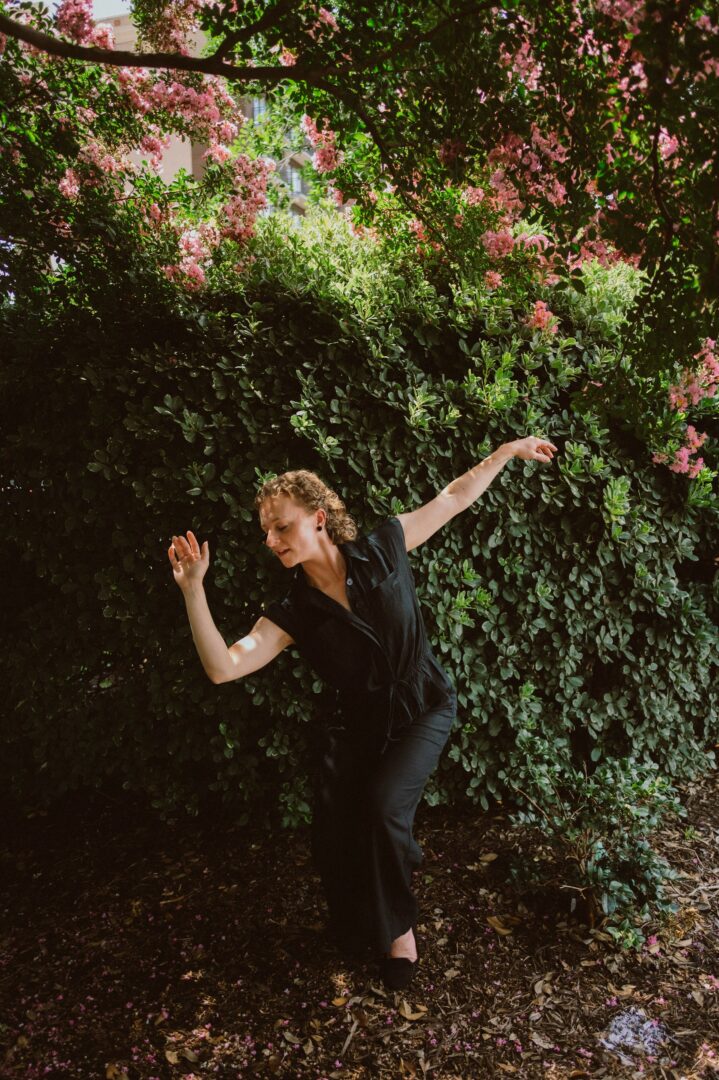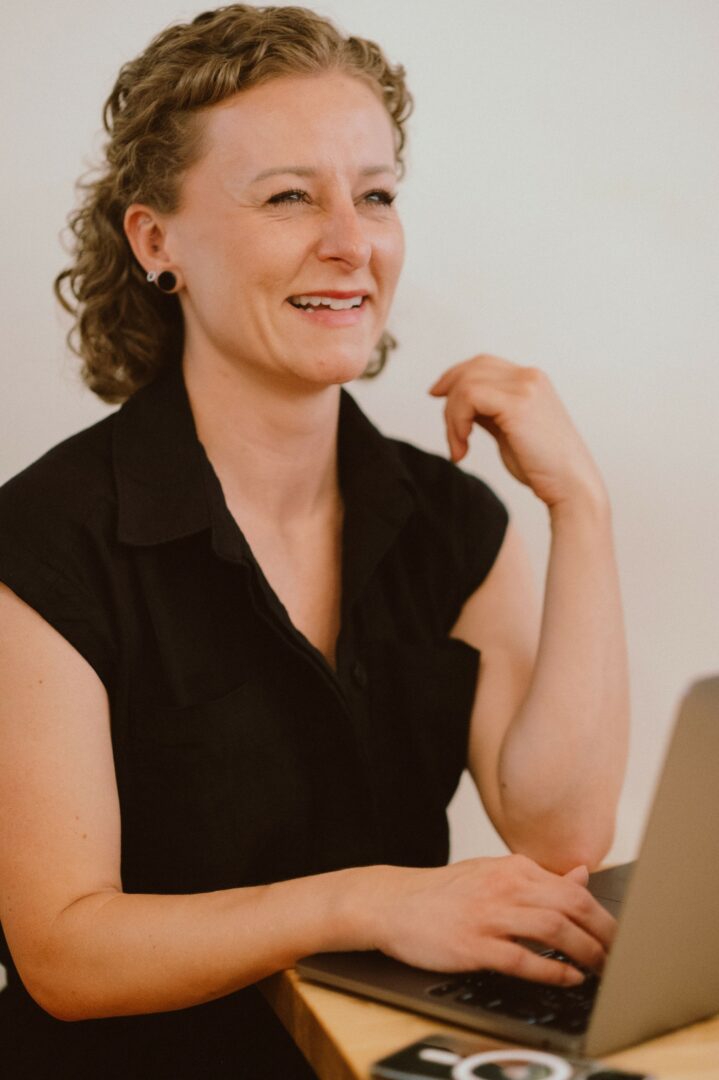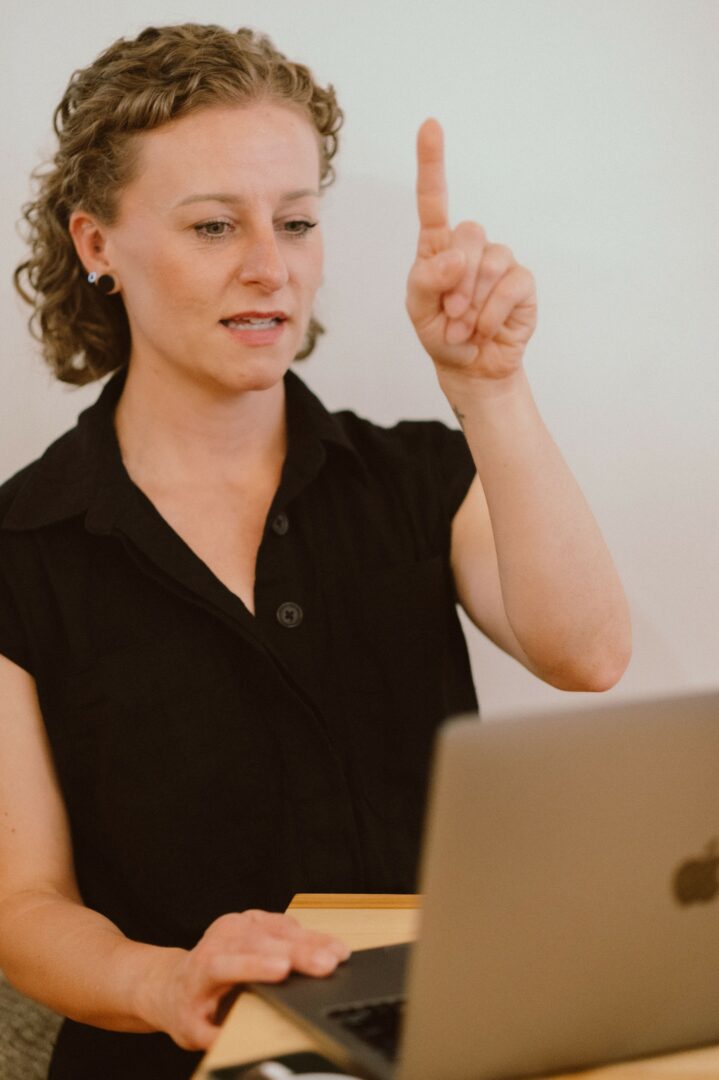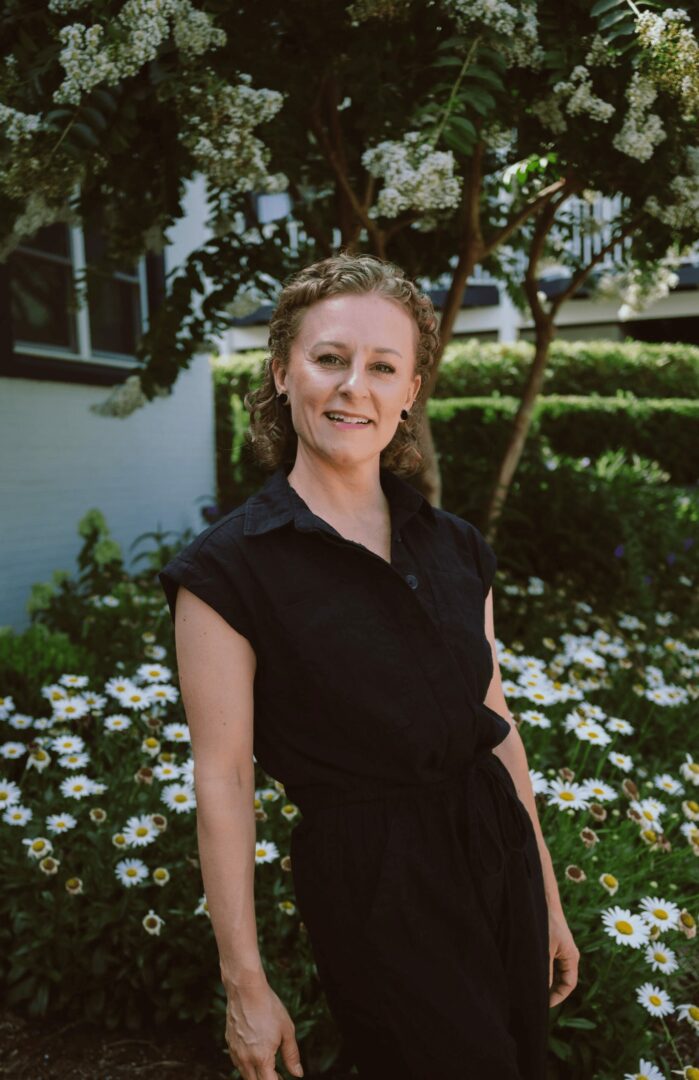We’re looking forward to introducing you to Rayni Collins. Check out our conversation below.
Hi Rayni, thank you for taking the time to reflect back on your journey with us. I think our readers are in for a real treat. There is so much we can all learn from each other and so thank you again for opening up with us. Let’s get into it: What do you think is misunderstood about your business?
A lot of people don’t realize that therapy can start with something as basic—and as essential—as sleep. Most folks think of therapy as talking through emotions or unpacking your childhood. And yes, that can be part of it. But I focus on behavioral sleep treatment first because sleep is the foundation. When sleep is off, everything else gets harder—managing anxiety, processing trauma, even just getting through the day.
Behavioral sleep therapy, like CBT-I, is often misunderstood or completely overlooked. It’s not just about better sleep hygiene or winding down before bed. It’s a structured, evidence-based way to reset how your brain and body relate to sleep. And when we do that, people start to feel more grounded, more energized, and more like themselves—often before we even get into the deeper emotional work.
I also believe that prioritizing rest isn’t just good for your health—it’s a quiet act of resistance. We’ve been taught that our worth is tied to our productivity. That we have to earn rest. That slowing down is selfish.
But it’s not.
My work helps people reclaim sleep, rest, and nervous system regulation—not just to feel better, but to actually live better, without burning out in the process.
Can you briefly introduce yourself and share what makes you or your brand unique?
Hi, I’m Rayni Collins. I’m a licensed therapist and behavioral sleep specialist, and I work with adults who are tired of feeling anxious, burnt out, or disconnected from themselves. I run E-MOTIVE Counseling, a virtual therapy practice for people in North and South Carolina—especially those who are creative, empathic, and constantly showing up for others but struggling to rest or reset for themselves.
My work focuses on two main approaches: CBT-I, which helps people recover from insomnia and rebuild their sleep patterns, and Brainspotting, which supports deeper emotional healing and nervous system regulation. Most people I work with are high-functioning on the outside but exhausted underneath—and they’re ready for something that actually helps.
I also offer a workshop called The Power of the Pause, which is designed for Givers—therapists, healthcare workers, empaths—who leave themselves last. It’s not your typical self-care thing. We use Authentic Movement and Brainspotting to help participants reconnect with their body, their needs, and their internal voice. The idea is to rest, reset, and renew—without judgment, without overthinking, and with real intention.
Whether someone comes to me because they can’t sleep, feel stuck, or just need space to come back to themselves, my work is about helping them slow down in a way that’s actually healing—not performative. That’s where real change starts.
Great, so let’s dive into your journey a bit more. What part of you has served its purpose and must now be released?
Self-doubt. It’s been with me for a long time. I know it once served a purpose—it helped me pause, ask questions, stay grounded in my intentions. But now? It mostly slows me down. It creeps in quietly, even when I’m doing things I know I’m meant for.
And the funny thing is, I almost always push through it. I take the step. I show up anyway. And then afterward, I find myself thinking, “Why did I doubt myself?”
I’m learning to recognize it for what it is: a part of the process—not the truth. And I’m working on releasing it more quickly, so I can step into what I’m here to do with more ease and less second-guessing. I want to keep showing up fully—and I want to cheer others on as they do the same.
What fear has held you back the most in your life?
I want to answer this from the perspective of the people I work with—because what I see over and over again is that it’s not just fear of pain that holds people back. It’s fear of their own feelings.
So many of us are taught to push through, shut it down, or stay “strong.” But when you fear your own emotions—when you avoid feeling sadness, anger, grief, or even joy—it creates a kind of inner shutdown. You can’t process what you’re not allowing yourself to feel. That’s where people get stuck. But once they learn how to tolerate, then accept, then even respect their feelings—that’s when real healing begins. That’s when people start accepting themselves, flaws and all.
Another fear I see often is the fear of change—especially around sleep. People come to me desperate to sleep better, but when we start exploring what needs to shift in order to make that happen, fear and hesitation show up. Even though what they’re doing isn’t working, change feels risky. But once they get into the work, they start to realize, “This actually helps.” And their sleep improves. Their mood improves. Everything improves. But first, they have to face that fear of doing it differently.
And one more fear I see? The fear of feeling good.
It sounds strange, but it’s real. I work with a lot of people who’ve been in survival mode for so long that when things start to feel better, they panic. They wait for the other shoe to drop. They say things like, “It’s going well… which probably means something bad is about to happen.” That fear can be so self-sabotaging. A lot of my work is helping people hold the truth that life is an ebb and flow—yes, good things can change, but so can the hard things. Feeling good isn’t dangerous. It’s part of being fully alive.
I think our readers would appreciate hearing more about your values and what you think matters in life and career, etc. So our next question is along those lines. What important truth do very few people agree with you on?
That sleep should come first—before nutrition, hydration, or even exercise.
Most people treat sleep as optional or something to “fix later,” but in my experience, it’s the foundation for everything else. You can eat clean and drink all the water in the world, but if you’re not sleeping, your body and brain can’t repair, regulate, or truly function.
Sleep is the first thing I address in therapy because once people are sleeping better, their mood, energy, clarity, and emotional resilience start to return. From there, the deeper healing work becomes not only possible—but actually sustainable.
Okay, we’ve made it essentially to the end. One last question before you go. What is the story you hope people tell about you when you’re gone?
I hope people say I was kind. That I was thoughtful and present. That I made them feel seen and at peace with who they are.
Whether it was my family, my clients, or someone I only crossed paths with once—I hope I left people feeling a little more grounded, a little more gentle with themselves.
And I hope they say I helped. That in my small corner of the world, I made it okay for people to rest, to breathe, to sleep, and to regulate. That I reminded them they didn’t have to push so hard to be worthy. That slowing down was safe—and powerful.
Contact Info:
- Website: https://www.RayniCollins.com
- Instagram: https://www.instagram.com/e_motive_counseling
- Linkedin: https://www.linkedin.com/in/raynicollins/
- Facebook: https://www.facebook.com/RayniCollins/




Image Credits
Gabbee Dickinson of Luna Bee Photography
https://lunabeephotographee43.mypixieset.com/
so if you or someone you know deserves recognition please let us know here.




